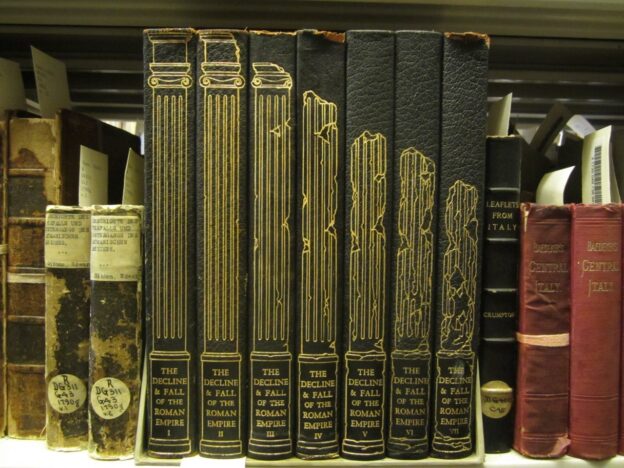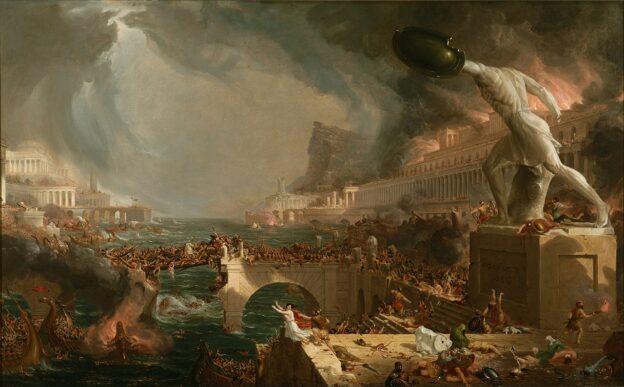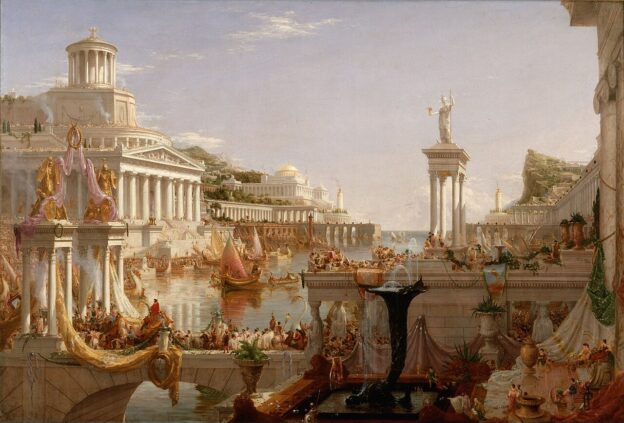Bobby Fischer’s “My 60 Memorable Games” is a timeless masterpiece in the world of chess literature. Published in 1969, this iconic book captures the brilliance and strategic genius of one of the greatest chess players of all time, Bobby Fischer, in his own words. Comprising a selection of Fischer’s most remarkable games from his early career up until 1967, this book offers readers a unique opportunity to delve into the mind of a chess prodigy who would eventually become World Chess Champion. In this article, we will explore the significance of “My 60 Memorable Games,” its impact on chess literature, and why it continues to inspire chess enthusiasts and players to this day, and an analysis of the games listed.
Continue reading







